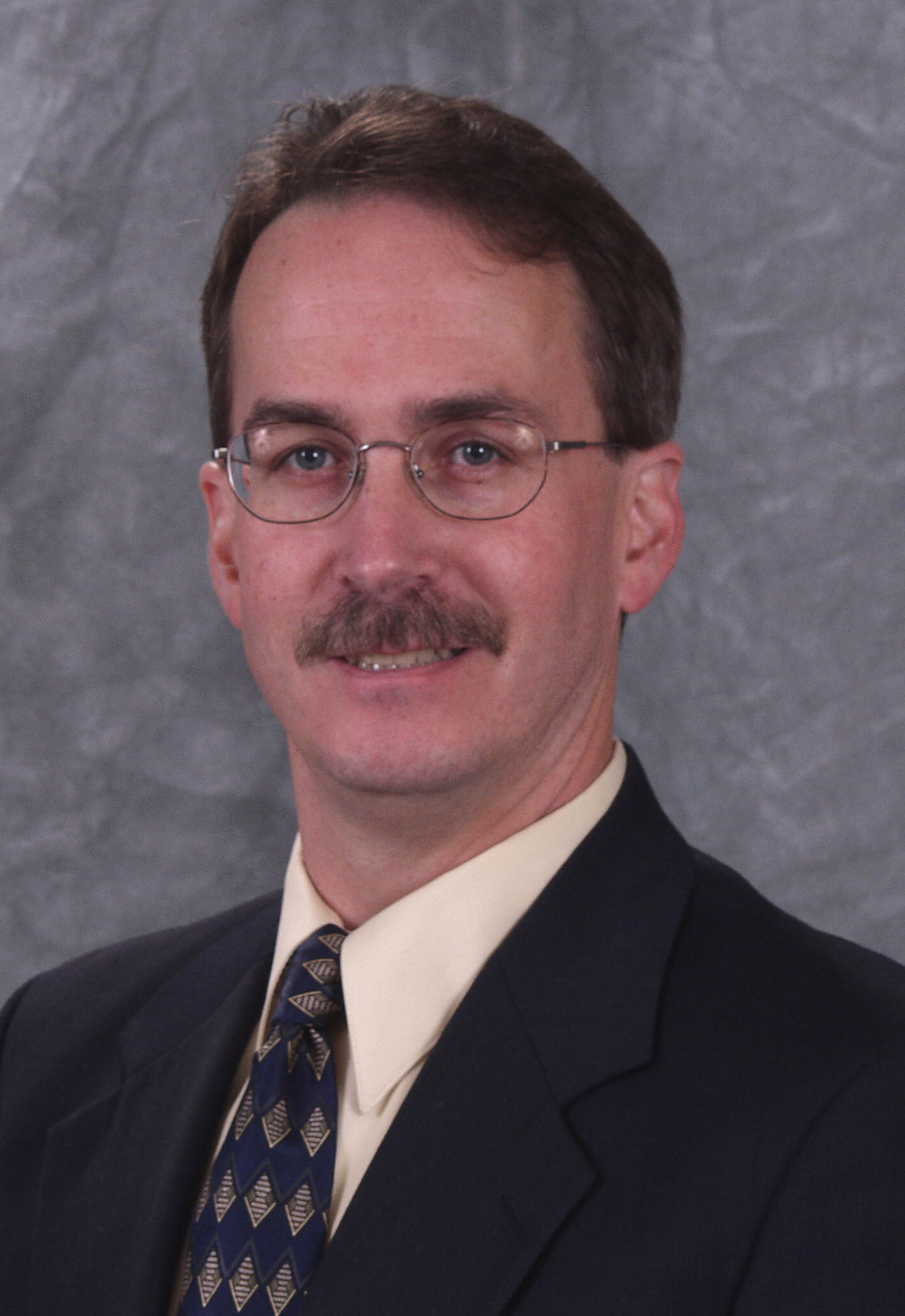
CHARLESTON, S.C. (BP)–I recently returned from my state Baptist convention. This meeting served as a painful reminder of the generation gap that exists in our convention at both the state and national level.
As I surveyed the attendees, I was reminded of something I see every year at the national convention. The average age of those in attendance was probably in the 60s. There were very few young faces in the crowd. I saw some in their 30s and 40s but not many and virtually none in their 20s. Our annual gatherings have become age-graded and we’re failing the test.
Many reasons can be suggested for this generation gap. One might argue that younger ministers and laypeople just can’t find the time to go to a convention in the middle of the busy week. That might account for some of the absenteeism. Others might contend that the younger generation finds the conventions distracting, too political or of little practical value. They’d rather go knock on doors, work on sermons or have teeth pulled. That’s possible, too. But, I think the problem is more age related than that.
The problem is, as Jimmy Draper diagnosed several years ago, there are very few young leaders. Sure, there are young men and women serving in their local ministry or churches, but few show up on the convention platform at the state level and even fewer at the national convention.
The generation gap is glaring at the leadership level and I’m afraid it doesn’t bode well for our denominational future. Admittedly, the young adults in our convention bear some of the blame. Some have acted immaturely and walked away in impatience and anger. Some struggle with the twin sins of individuality and pride, insisting on proceeding alone. Still others have failed to earn the respect they so vociferously demand. For these things and a myriad of others, some must repent. They must return to the Baptist table seeking forgiveness before inclusion.
Yet, the younger generation cannot and does not bear the burden alone. One cannot declare himself a denominational leader. He must be placed into a position of leadership by someone else. At this point, I’m afraid, we fail these faithful Baptists.
In defense of the older generation who has served our denomination faithfully for so long, they are understandably reluctant to surrender the care of the denomination to others for good reason. Some have sacrificed their reputation, their livelihood, their own well-being for the good of the convention. For that, we must be ever grateful and of that we must be ever cognizant.
In light of the past we must admit that what our elders so valiantly fought to accomplish, the Conservative Resurgence, is simply too valuable to trust to just anybody. But trust is what we must do. Thankfully, we have good reason to trust the next generation.
These young men and women are, as the Apostle Paul reminded Timothy, our children in the faith. They have to come to Christ under our watchcare. They have been discipled in our churches. They have been trained in our seminaries by a cadre that was hand-picked by the leaders of the Resurgence. They are, in essence, second and third generation disciples of our current leadership. Until we embrace these sons and daughters in the faith, our denomination will waste vital energy and time protecting us from us. We don’t have time for that.
If we want to inject theologically sound and practical liveliness back into our meetings and our Convention, we must embrace the next generation of leaders, men and women who are now the same age as our patriarchs were when they began the grassroots movement to reclaim the Convention in the 1970s. We need to identify and enlist (not reward) the up and coming leaders who will lead our denomination for the next 30 or 40 years. We need to do so now while the giants of our recent past still walk the earth and can mentor their replacements. We must remember that the future of the Southern Baptist Convention is not in the past.
Let’s close the generation gap now while we still can and walk hand-in-hand into the future.
–30–
Peter Beck serves as an assistant professor of religion at Charleston Southern University in Charleston, S.C.
















